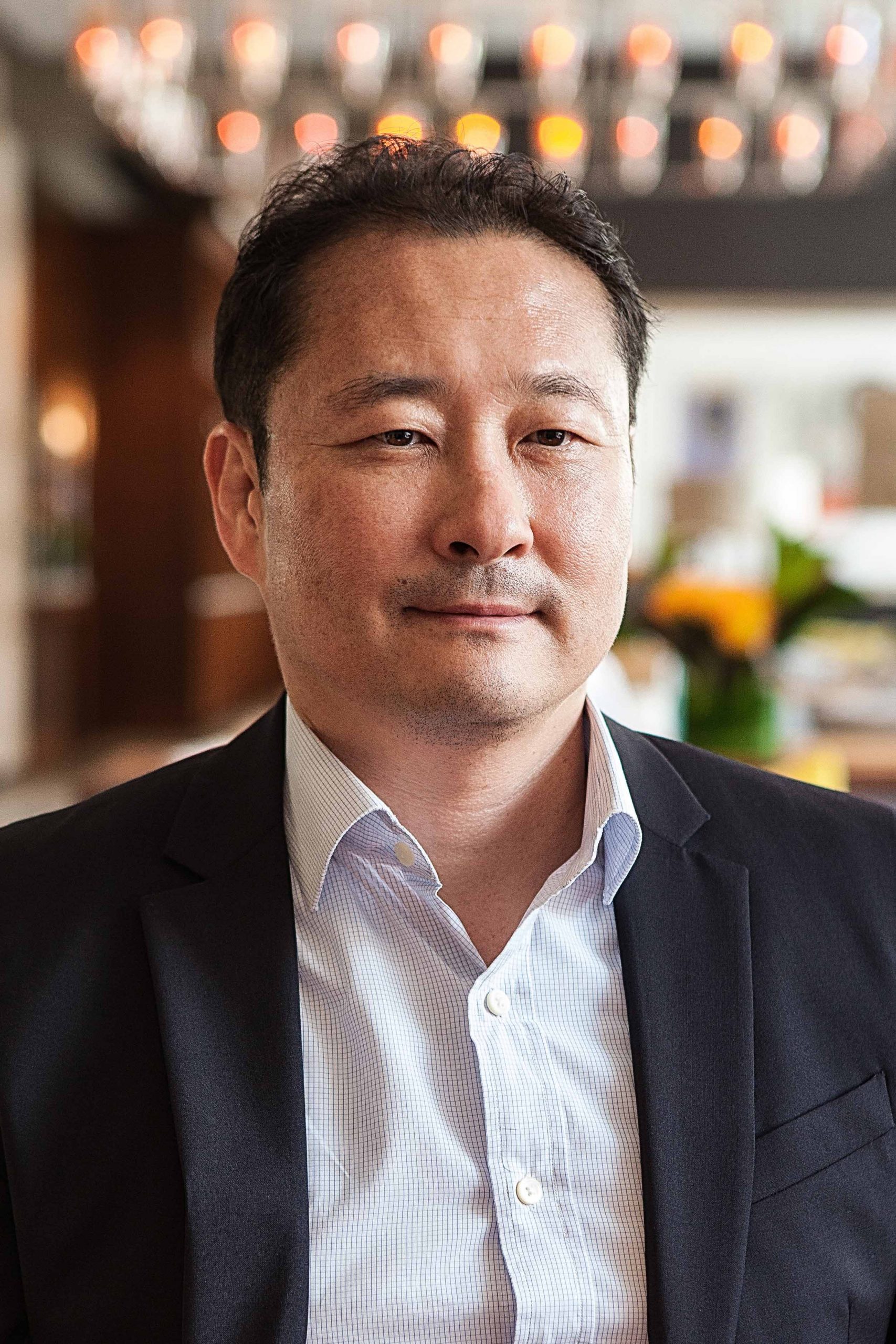Tell us about yourself, your background, and your rise to CEO of NexChange Group.
I am an entrepreneur, venture builder and investment professional with 30+ years of investment industry experience. I have managed portfolios and organizations on behalf of multi-billion-dollar hedge funds, proprietary trading desks, asset management, venture capital, family office and crypto investment firms. Previously, I was the Chief Investment Officer of the largest Shanghai-based asset management firm and spent numerous years at JP Morgan in a variety of roles from principal investments to head of equity. As an early institutional investor in technology, I managed portfolios on behalf of SAC Capital, Osprey, Rothschilds and Montgomery and funded many star companies in the Silicon Valley.
Currently, I am Chairman and Group CEO of NexChange Group, an ecosystem driven venture builder. After leaving the buyside 7 years ago, I realised there needed to be a way to connect investors, projects, governments, associations and service providers. This is more common now, but when we started there were very few community builders in the blockchain space.
For those new to blockchain, can you give us an overview of the blockchain ecosystem in Dubai & MENA?
Over the last several years blockchain has become a technology that has disrupted a lot of industries in many countries and jurisdictions and has proven its efficiency and social and economic good in applications that are far from just buying and selling Bitcoin and other cryptocurrencies. In the MENA region and in Gulf countries the blockchain usage has been seen in governmental services, in enterprise, in banking services, in digital identity, in logistics and supply chain management, in cross-border transactions, in enhancing KYC AML processes, education etc. Some of the most forward-thinking fintech regulations globally were introduced here, in the Gulf region.
Dubai’s role in blockchain is increasing significantly, in terms of mindshare, as it is very open for business during this Covid period unlike Asia and Europe, or the US where a lot of uncertain regulations are still in place. The UAE government launched its Blockchain Strategy 2021, which strives to put 50% of government transactions at the federal level using blockchain platforms by the end of this year. One of the greatest use cases is the UAE Trade Connect (UTC), a sophisticated anti-fraud project backed by Etisalat Digital that now has several major regional banks on board.
Abu Dhabi became the first jurisdiction in the world to introduce a comprehensive regulatory framework for crypto assets. Saudi Arabia is driving the digitization of financial services in line with its ambitious Vision 2030 transformation plan.
I have been coming to Dubai for the last 10 years, but this year I really started to see how the forces in the region all have come together. Government, entrepreneurs, investors, and corporates – this is a powerful combination.
Can you also give us a brief introduction to Decentralized Finance in MENA, what are the trends and latest developments?
The region is now witnessing a frenzy of digital asset investment activity, and decentralized exchanges mushrooming all around. P2P loans are still trending, as well as P2P trading, crypto lending, and yield farming, but liquidity remains one of the toughest challenges. There’s a big demand for alternative investment vehicles, and DeFi can offer these.
Another big thing is the emergence of NFTs marketplaces. Collectibles are becoming an up-and-coming asset class for crypto enthusiasts. Platforms now offer an option to mint a whole collection of non-fungible tokens. Finally, one of the greatest options that decentralized finance can provide now is financial inclusion.
What are your THREE top investment strategies for blockchain in MENA?
I would say, payment networks, DeFi, and fintech. The region has seen an increase in investments, UAE Phoenix venture capital invested in Predictr.club, UAE Alphabit Fund invested in Paid network powered by Polkadot while US based Alpha Sigma Capital invested in Emirex exchange. Riyad Bank announced it had invested almost $27 million into its own fintech startup investment program.
And globally?
Use cases that impressed me the most recently are in launch pads, gambling, and NFT’s. Even though there is a lot of hype in this segment, NFT’s are not going away. like BTC hasn’t, and ETH hasn’t. We continue to evolve and live in a hybrid world, where new tech has a narrative that keeps on building upon old ones. NFT’s could represent a significant portion of the market cap of crypto going forward.
As investors turn their attention to NFTs, what marketplaces would you recommend?
Platforms that have gained a lot of traction and rising in popularity are Rarible, OpenSea and we see upcoming specialized high end marketplaces like NFT BAZL.
As a leader and innovator in finance & technology, what is next for blockchain?
Blockchain companies are famous for marketing, raising money, but not having any real traction. So, the next thing that the industry needs are use cases that have users. Communities are hard to create and even harder to maintain.
As the CEO of NexChange Group, what plans do you have for the company?
Our new focus is to expand our ecosystem in areas outside Asia to Africa and the Gulf region where we see adoption and acceleration of the blockchain technology, community, and opportunity. Meanwhile, we will continue to maintain the robust ecosystem that we have already developed in Asia.
Nexchange is really a venture builder. Building ecosystems through events is just means of getting to our main goal which is to have the best projects funneled into our venture building platform. We see exciting opportunities soon for partnering with blockchain projects in Africa and the Gulf region.

